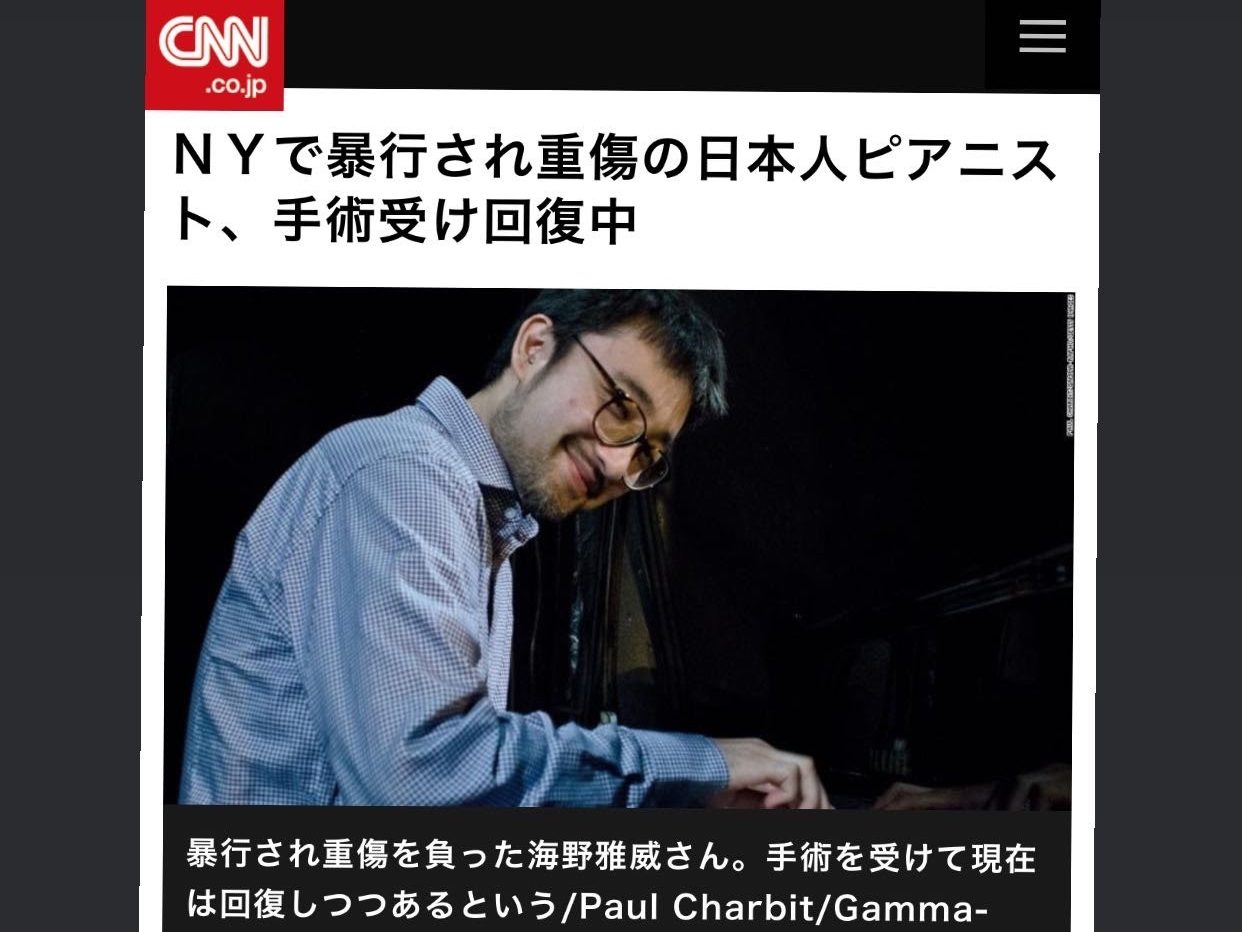Audio version:
When confronted with racism toward anyone, our instinct should be indignation, not deflection
“It is Mainland China, the Chinese government, or the CCP that gave us bad names, and that’s why the world hates us…” They shouted.
If China really is gone, do you really think Chinese diaspora’s lives will be improved? Have you ever paused for a moment in your frenzy of anti-China addiction, and thought about our fellow East Asians who are equally discriminated against in the West by racists? It all seems that politics are the major reason that the Chinese are hated. But remember the Chinese Exclusion Act enacted in 1882 when CCP wasn’t even established. It is a discriminatory act which plunged many into forced poverty and lasted until the 1940s. The US repealed this act because they wanted to make beneficial ties with China against Japan, with whom the US were at war. During WWII when the US was fighting with imperial Japan and China became the good old allied friend, Japanese immigrants were persecuted and segregated in the US. Allegedly, an American Chinese girl went to enjoy the sun on the Santa Monica beach back then had to put on a sign to avoid being beaten. The sign says, “I am Chinese, not Japanese.”[1]
Sound eerily familiar?
After 60 years of oppression and discriminatory persecution of Chinese, the US rebranded Chinese immigrants as “model minorities”—a desirable type of immigrant. A myth that separated immigrants into “good immigrants” and “bad immigrants.” Now, white supremacists are feeding overseas Chinese immigrants and diasporic community that they are “good Chinese” and Mainlanders are “bad Chinese.”
Racism is inherently wrong and subjective based on how you look. It will never change. However hard you try to behave like one of them, you will not change how you look. When a white teenager flung his fist towards an Asian man, he will not ask what political camps he is in or which area of Asia he is from. He is already a Chink, a Jap, or a Paki. By telling the racists that you are not from Mainland China, or you are not from the Chinese community, you are merely giving them a better and nuanced way to discriminate you next time, as puts by Korean columnist Euny Hong, who wrote an insightful article “Why I stopped explain to people that I am not Chinese.
Recent Update:

Something that I have been worrying about has happened recently that a famous Japnese jazz pianist Tadataka Unno was assaulted in New York, his home. According to CBS New York‘s report
On Sept. 27 around 7:30 p.m., Unno was exiting the subway station at West 135th Street and St. Nicholas Avenue when several young people were blocking the turnstiles. Unno attempted to walk around the group but was yelled at and pushed from behind, eventually punched in the face and body. Jerome Jennings, an instructor at the Julliard School and a good friend of Unno’s, told CBS2’s Kiran Dhillon Unno’s wife says there were racial slurs yelled in the process. “He did hear the word ‘Chinese’ and ‘Asian,’” Jennings said.
When racist attacks like this happen to innocent people like Unno, should we tell those attackers that he is not Chinese? Encouraging Japnese people to hang a label on their neck showing “I’m not Chinese,” encouraging them to hate the Chinese because their people got mistaken for a Chinese? Or should we feel indignified and outraged by such astounding shameful incident and condemn those white supremacists, instead?
I hope you, my dear patient reader, can make a wise choice.
[1] I use the US as an example here because the Chinese Exclusion Act is the most widely known institutional racism against overseas Chinese, not that the US is the only country that has been racist against the Chinese. I am aware of racism against Chinese all around the world.
